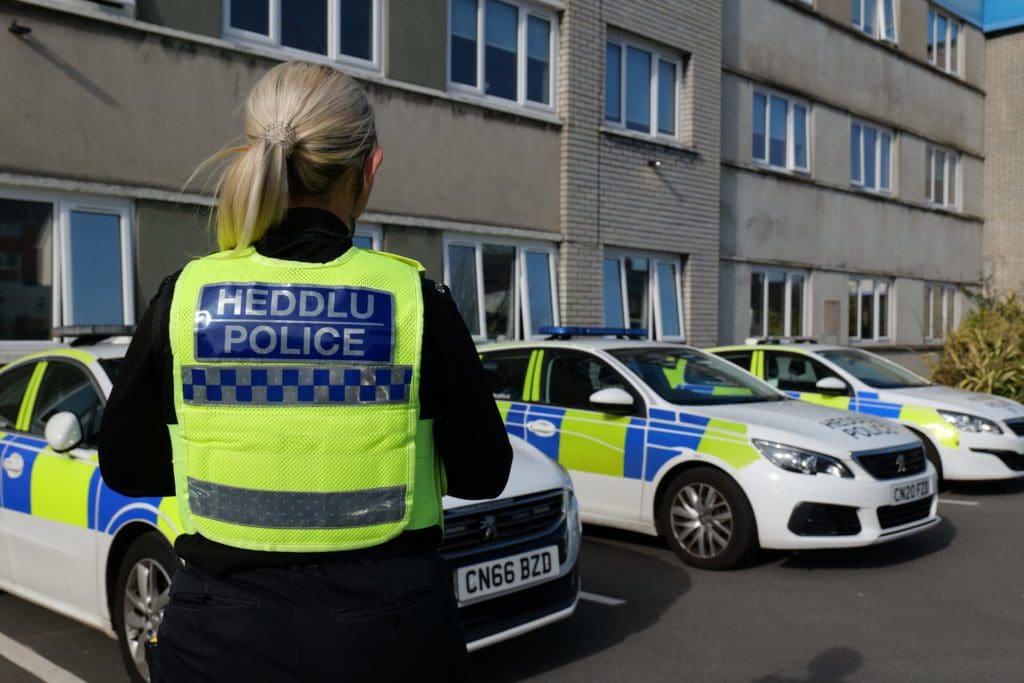More than 6,800 South Wales Police officers, staff and volunteers have been checked against the Police National Database (PND) as part of the largest integrity screening project undertaken in policing.
Last year, the Home Office announced that all forces must check their workforce. This followed high-profile national cases of police officers being convicted of serious offences, including rape.
A decision was taken by the National Police Chiefs’ Council (NPCC) that all police officers, staff and volunteers in England and Wales would be checked against the Police National Database (PND) to identify any crimes, intelligence or allegations that need further investigation.
Checks have now been carried out on the 3,470 officers, 2,855 staff and 476 volunteers of South Wales Police. None of these checks have revealed any crimes or intelligence which required a criminal investigation, misconduct investigation, vetting review or any management action.
Deputy Chief Constable Mark Travis said:
“The historic data wash was an important exercise to ensure that our officers, staff and volunteers are professional, dedicated individuals who act with integrity and work hard to keep the communities of South Wales safe.
“We already have systems in place to identify corrupt police officers so we can identify and root out individuals who have no place in policing. The proactive work of our Professional Standards Department, a workforce which feels confident in speaking up about unprofessional behaviour and the outcome of the data wash exercise gives us confidence that we are doing everything we can to ensure that we have officers and staff who uphold the highest standards of professional behaviour.
“But we are not complacent, and we will continue to thoroughly investigate those officers whose behaviour falls short of what is expected of all officers and staff in South Wales Police.”
HM Inspectorate of Constabulary previously published a report ‘Shining a light on betrayal: Abuse of position for a sexual purpose’. One of the recommendations was for police forces to use monitoring software to effectively detect misuse of their systems and the information they hold. Forces should also make the most of opportunities to examine data about how their staff use force systems and phones, they said.
There have been recent examples of officers being dismissed with the cases highlighting how the use of monitoring software and other investigative techniques can shine a light on corruption.
The force is leading UK policing on identifying and tackling sexual harassment in the workplace, encouraging victims to come forward to deal with this behaviour, and the abuse of position for sexual purposes. The cutting-edge counter-corruption technology is used to monitor computer systems to identify officers and staff who may be displaying signs of predatory or inappropriate behaviour to allow early intervention.
A recent HMICFRS inspection found ‘South Wales Police promotes an ethical culture, with clear leadership that supports improvement through learning’. It went on to state: ‘Staff in all areas of the force told us that the chief constable and senior leaders demonstrate clear leadership on ethical issues’ and that ‘Staff told us they would feel confident and supported if they needed to challenge or report unprofessional behaviour’.
South Wales Police has also been identified as one of two forces to be graded as a good following an inspection by the inspectorate of how the force deals with corruption and the vetting of officers and staff. The inspection looked at how effectively police forces carry out vetting of its officers and staff, how effectively it protects information and data it holds and how well corruption is dealt with.
DCC Travis added:
“The vast majority of the officers and staff who work for South Wales Police conduct themselves impeccably and work tirelessly to protect the public, those very few who choose to breach the standards expected of them undermine all this work and erode the public’s trust and confidence in us and the trust that they deserve to hold in policing. This is why any breach of the standards of professional behaviour is treated gravely.”

